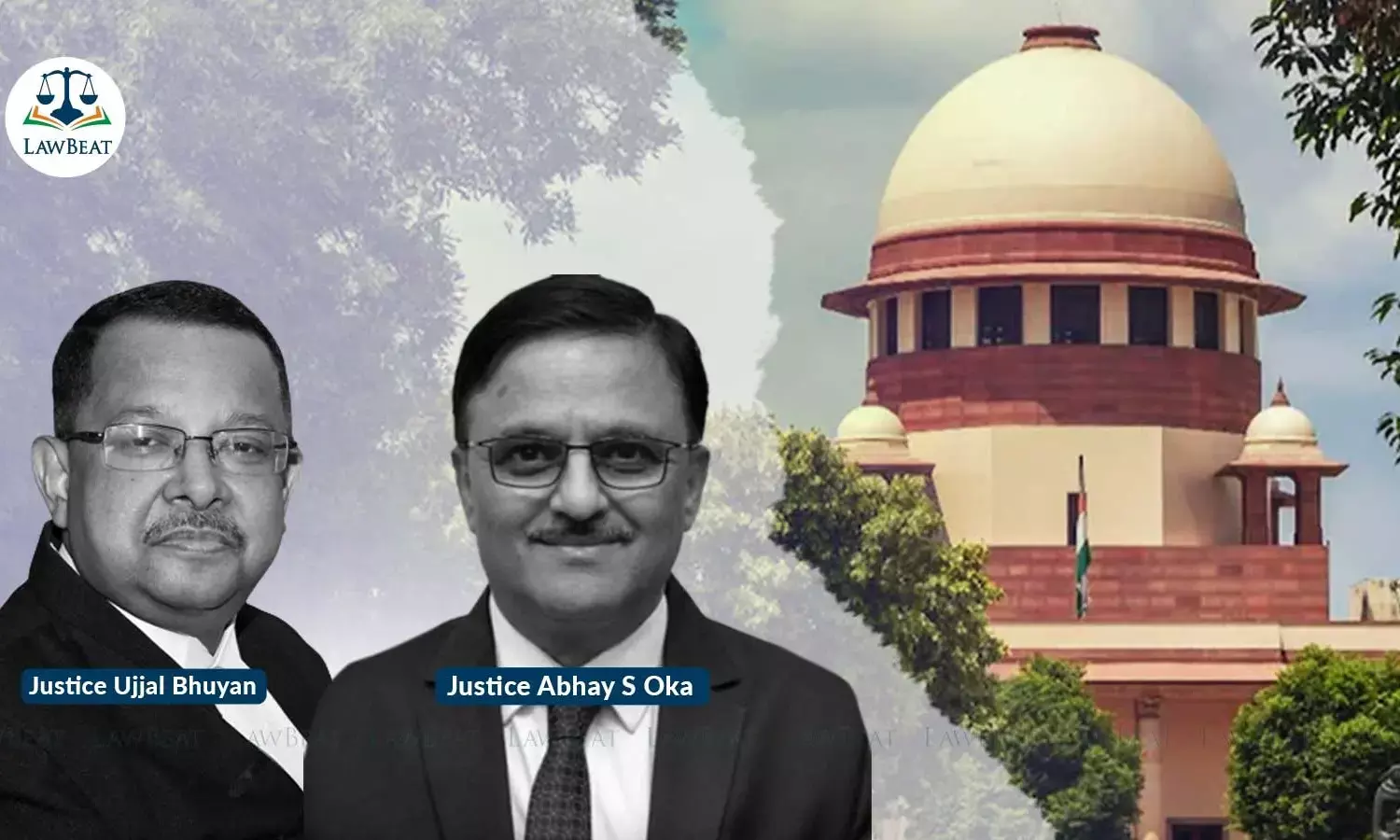HC Can Entertain Plea For Quashing Order Under S 12 (1) Of DV Act: SC

In a significant ruling on May 19, 2025, the Supreme Court held that High Courts can invoke their inherent powers under Section 482 of the Criminal Procedure Code (CrPC) or Section 528 of the Bharatiya Nagarik Suraksha Sanhita (BNSS) to quash proceedings arising from an application under Section 12(1) of the Protection of Women from Domestic Violence Act, 2005. However, the Court cautioned that such power must be exercised sparingly and with due regard to the Act’s welfare-oriented purpose.
A Bench of Justices Abhay S. Oka and Ujjal Bhuyan set aside a May 9, 2024 order of the Madhya Pradesh High Court, which had dismissed a petition filed by Shaurabh Kumar Tripathi seeking quashing of proceedings under the DV Act on the ground that they were civil in nature and thus outside the scope of Section 482 CrPC.
Clarifying the legal position, the Bench held that although proceedings under Section 12(1) are predominantly civil in nature, the Magistrates entertaining such applications are criminal courts under both the CrPC and the BNSS. As such, the inherent jurisdiction of High Courts under Section 482 remains applicable.
The Court acknowledged that orders passed under Sections 18 to 23 of the DV Act relating to protection, residence, maintenance and other civil reliefs are not made under the CrPC, therefore, the first limb of Section 482, which pertains to proceedings “under this Code,” does not apply.
However, the second limb, allowing courts to prevent abuse of process or secure the ends of justice can be invoked to quash DV Act proceedings in appropriate cases.
Importantly, the Court underscored that Section 12 proceedings do not lead to penal consequences akin to a criminal trial - While the orders passed may be serious in impact, a respondent cannot be imprisoned or fined under Section 12 alone, Court noted.
“In exercising jurisdiction under Section 482, High Courts must remain mindful that the DV Act is a beneficial legislation aimed at protecting women from domestic abuse,” the Bench observed; “Intervention is warranted only in cases of gross illegality or clear abuse of the legal process”
The Court cautioned against a routine or expansive use of Section 482 in DV matters, warning that excessive interference could defeat the Act’s purpose. It also noted that while appeal is available under Section 29 of the DV Act against final orders of Magistrates, there is no statutory remedy against preliminary orders like issuance of process, making judicial restraint under Section 482 even more critical.
Rejecting earlier High Court rulings that had held Section 482 CrPC inapplicable to DV Act proceedings due to their civil character, the Court clarified that such a view was incorrect.
Justice Oka, authoring the judgment, acknowledged that he had been a party to a 2016 Bombay High Court decision which took a contrary view, but noted that a later full bench had overruled that decision; “As judges, we are duty-bound to correct our mistakes through proper judicial process,” he added, reflecting on the evolving understanding of the law.
The court restored the matter to the file of the Madhya Pradesh High Court for consideration afresh.
Case Title: Shaurabh Kumar Tripathi Vs Vidhi Rawal
